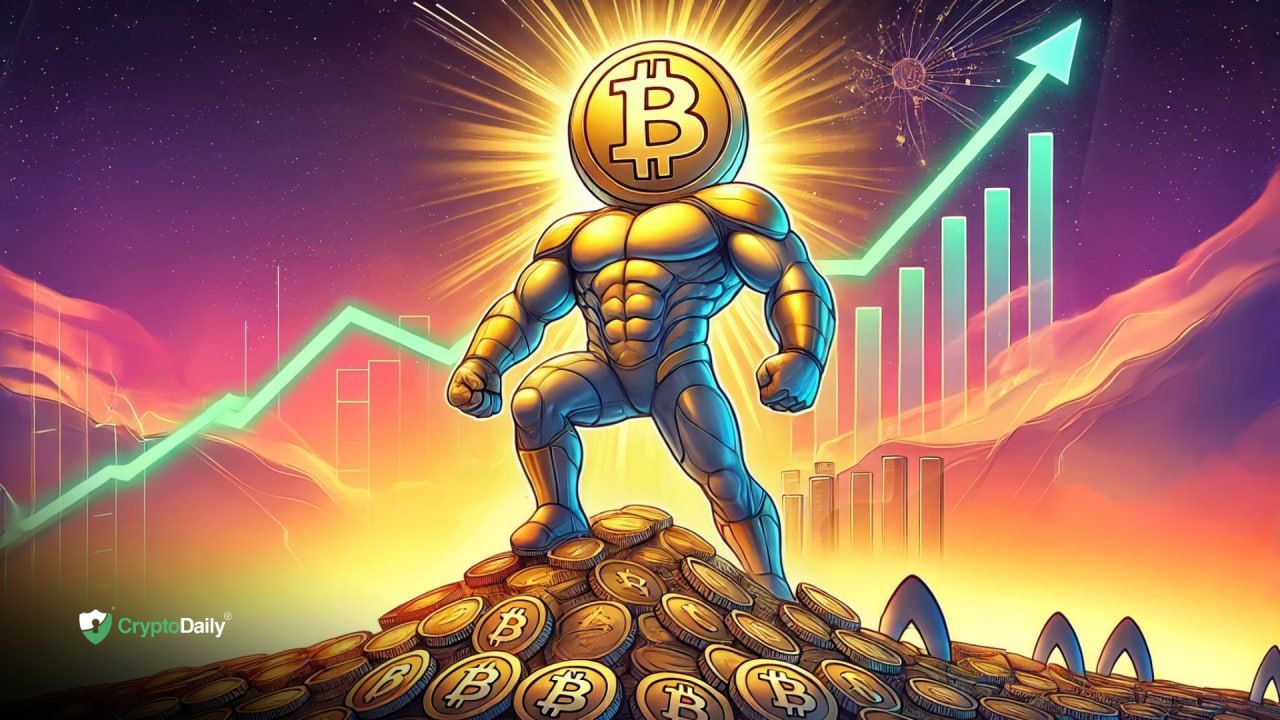ARTICLE AD
Soon after the outage, the Emergency Council for Polygon zkEVM Mainnet Beta swiftly intervened thereby issuing a fix in no time.
The Polygon zkEVM project that’s currently in the beta stage of development witnessed a major outage over the last weekend facing a 10-hour long downtime. This happened due to a major sequencer issue resulting from the reorganization within the Layer-1 network.
The good thing about this was that the downtime was limited to Polygon zkEVM, and didn’t spread further to Polygon PoS or CDK. However, the Emergency Council for Polygon zkEVM Mainnet Beta quickly swung into action while implementing the fix and restoring normal network operations in a few hours.
The Polygon team has assured to release a comprehensive post-mortem analysis on the @0xPolygonFdn forum early next week. This way it seeks to to provide transparency and a deeper understanding of what actually led to the outage within the Polygon zkEVM Mainnet Beta.
Polygon zkEVM Mainnet Beta has resumed operations.
The Emergency Council for Polygon zkEVM Mainnet Beta activated the emergency state to allow the Polygon zkEVM Core Team to apply a necessary fix to the system, allowing L1 settlement of Polygon zkEVM Mainnet Beta to resume. Upon…
— Polygon | Aggregated (@0xPolygon) March 25, 2024
Polygon developer Jarrod Watts has provided a detailed analysis of the recent incident involving Polygon zkEVM. The developer also underlines its significance in discussions surrounding Layer 2 (L2) upgradeability. The sequence of events unfolded with a block production halt in zkEVM. This forced the Security Council to initiate the emergency state to hasten upgrades. Later, the Security Council disabled the emergency state following an upgrade to rectify the issue. This way they were able to quickly restore regular chain operations.
Furthermore, Watts also stressed the necessity of Layer 2 upgradeability. He emphasized its role in facilitating future enhancements on L1, bug fixes, and vulnerability patches.
However, Watts acknowledged concerns regarding the potential for malicious upgrades in the current L2 network landscape. The developer emphasized the credibility of discussions regarding the relative centralization of Layer 2 solutions in comparison to other specific Layer 1 networks.
What happened with Polygon zkEVM over the weekend is a great discussion point for Layer 2 upgradeability.
> There is an issue
> zkEVM stops producing blocks
> Security council sets emergency state to true (to bypass 10d wait period for upgrades)
> Team fixes the issue via…
— Jarrod Watts (@jarrodWattsDev) March 25, 2024
Polygon Eyes Move into AI-based NFT Innovations
As per the latest development, Polygon is moving towards a more stable and sustainable future, while emphasizing real-world applications and services. The Polygon team is also mulling over the integration of generative AI for NFT creation as part of its key development agenda.
Polygon Labs has collaborated with ChainGPT with the goal of simplifying and democratizing AI-powered NFT creation. It will do this by leveraging Polygon’s scalable network and ChainGPT’s advanced AI infrastructure. This also underscores the potential of generative AI to revolutionize the NFT space. So far after this collaboration, the Polygon blockchain has minted over 7,000 NFTs.
As the industry looks towards its next bull run, players like Polygon and others are focusing on innovation, real-world utility, and the integration of advanced technologies like AI for NFT creation.

 8 months ago
49
8 months ago
49 

